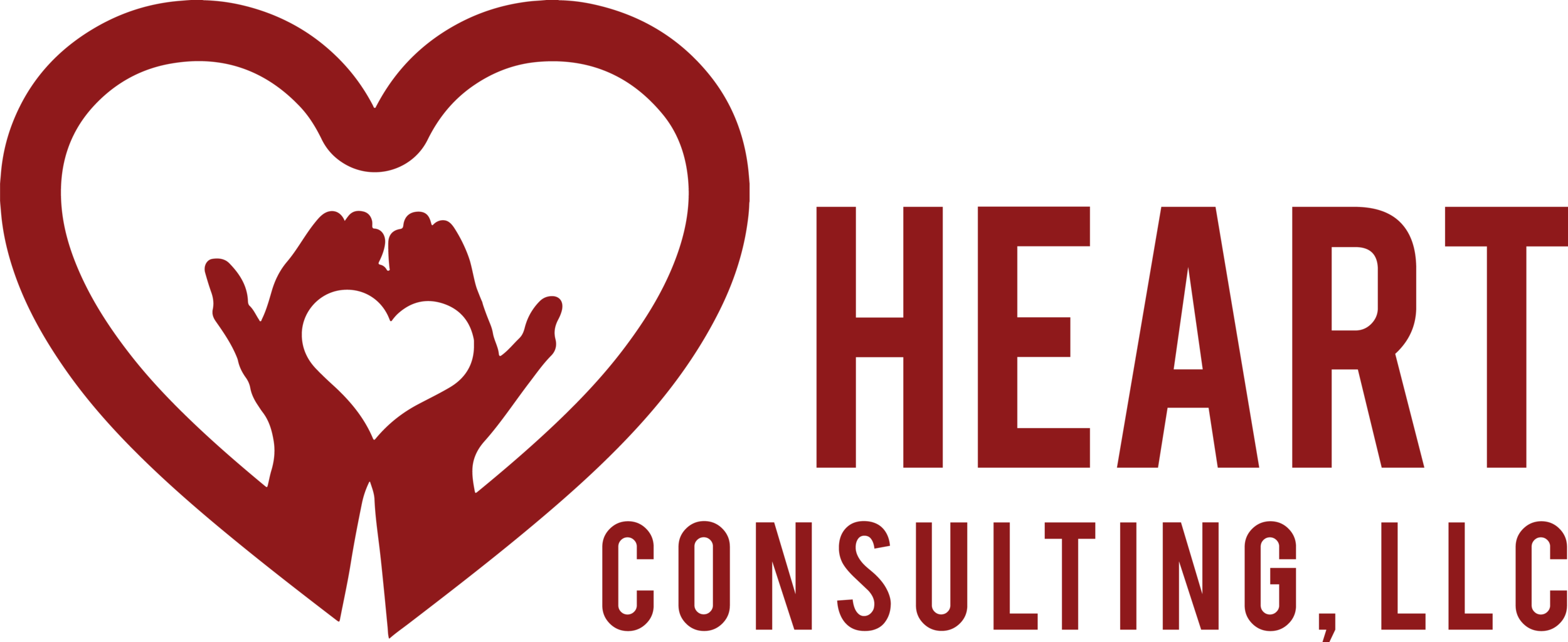Being a Pride Ally
June is almost over, and this means that Pride Month is coming to an end. As with any other celebration of diversity and inclusion, it’s important that we don’t stop advocating for change simply because another month has passed. Members of the LGBTQ+ community with disabilities are faced with additional barriers when it comes to being included in Pride Events, and the work being done to create new opportunities for them cannot stop.
Pride Month is about commemorating the Stonewall Riots of 1969, which are widely recognized as the LGBTQ+ communities first major protest. Pride is celebrated to recognize the progress that has been made, and to raise awareness of issues that the LGBTQ+ community are still facing. Whether you are a member of this community, you love someone who identifies as LGBTQ+, or you feel compelled to support causes that strive for equality for all, there are a number of different ways to continue to show your support, all year long.
Remember that your experience is not everyone's experience.
Many practices in our society have been considered norms for many years. No one questioned a person who “just knew” that they were straight, but someone knew they were gay, queer, asexual, etc., and they were faced with a barrage of questions. Someone who presented as female was given “she/her” pronouns without a second thought, but a person who presented with masculine characteristics being referred to as “her” had people all in a tizzy. Adding space for people who prefer “they/them”, who recognize themselves outside of a gender, has been curiously difficult. You have lived your life a certain way. And that’s great. But you know what’s also great? Someone who lives it differently.
Be truly inclusive.
There is no “one size fits all” member of the LGBTQ+ movement. Age, race, gender identity, sexuality, body type….the list goes on. Unfortunately, there are many people who feel left out of conversations or images in the community. Bisexual people are sometimes ignored or looked down upon, because “they can’t make up their minds.” A drag queen with a beard isn’t seen as feminine, a trans man with breasts isn’t recognized as a “real man,” or a gay person with a disability can’t participate in a Pride Parade. Being inclusive doesn’t just mean having an open mind, but also allowing options for EVERY member of the community. Accessibility isn’t just about having a welcoming vibe, it’s about actually making every event, rally, and space available to everyone who wants to participate.
Listen.
For anyone who has heard the expression “mansplaining”, it refers to moments when men explain something to a woman in such a way that it implies the woman would never, or could never, understand that point without the man’s help. I’m going to liken this to the moments when cisgender, heterosexual people explain gender and sexuality to people in the LGBTQ+ community (I have yet to come up with a phrase to encompass this). If you feel like it’s difficult to understand any aspect of the Pride Movement, ask. Listen. Step outside of any biases, inherent or unknown, and leave the idea of “the norm” behind. You have to be ready and willing to potentially challenge your own thoughts, views, and assumptions. You’ll be glad you did.
-Jordann Mason, Community Outreach Director
